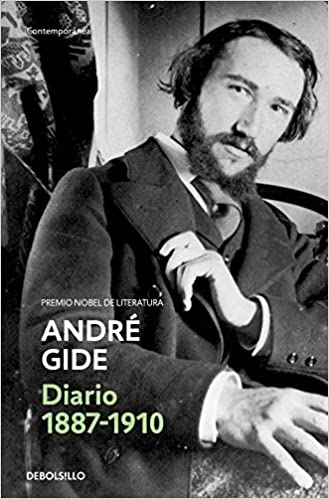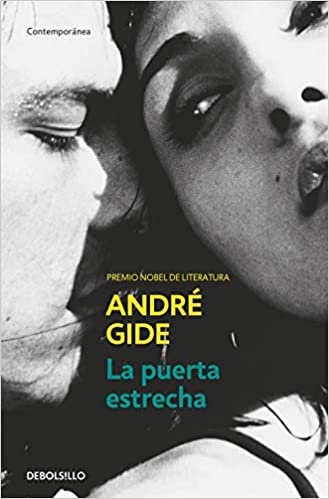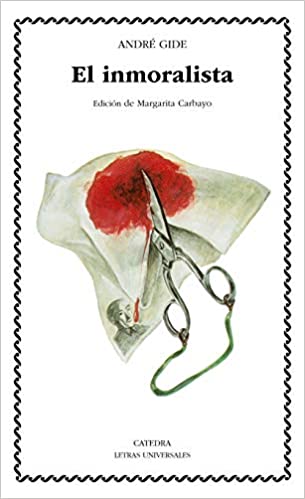In substance and form, André Gide He brought contradiction to a full literary existence, assuming the stridency of ideologies and firm principles to the deepest mutation. Paradox and ambiguity are the fate of work and character. And so he ends up making a firm path between moralisms and morals to simply express reason in change.
Gide moved literary along that same path. There is nothing wrong with mutating, with changing skin, like a snake, since the characters are even more human and more certain when they take those turns supported by the forces that lead to changes inside out. Because the opposite is precisely a direct path to the doom of dictatorship or immobility.
Between what essayistic and a novelistic brushstroke from the brilliance of the form and the fondness for autobiographical references, the André Gide bibliography take with the accurate voice of the first person that sensation of wisdom of discovery, open-mindedness and conviction back and forth in what is believed and what is finally discovered. And it is that nihilism is not the same as the brilliant way of embracing Gide's contradiction.
Top 3 recommended books by André Gide
Diary 1887-1910
In the megalomaniacal dreams of every personality, his diary tries to be the testimony of his great truth, of his will to transcendence or even an expiation of sins. Nothing to do with what this work becomes, built from the commitment to life as a narrative construct crumbled to the open grave from the emotions, ideas, reason and passions that move everything.
It has been said that the Diary André Gide took the genre of intimate literature to its maximum expression, and there is no doubt that this detailed chronicle of his days opens the door to the public and private life of a central figure in French and European culture of the XNUMXth century. .
In its pages appear the numerous and often contradictory facets of the author: his Protestant education, his approach to Catholicism, his later rejection of both, his unconsummated marriage with his cousin Madelaine, his claim of homosexuality and his political opinions, including his criticism of the Stalinism and its opposition to French colonial intervention in Africa. This first installment, which begins with the entries written at the age of eighteen, is also a document of Gide's sentimental and intellectual education, in which the budding writer records his affinities and artistic affiliations until writing his first important books.
The narrow gate
The moral. The greatest source of all contradictions. Where impossible balances take place between what one wants to believe in accordance with the guidelines of social generality and what one simply feels. Dictations never have a place in the human soul. And so each narrow door ends up being attacked and splintered, awakening old pain and guilt while new spaces required from the most intimate drives are occupied.
Narrated in the form of an intimate confession, this beautiful book denounces the errors of an austere and puritanical morality, capable of denying the laws of nature and life. Jérôme Palissier is a delicate young Parisian who spends summers at his uncle's country house in Normandy. During one of those summers he and his cousin Alissa fall deeply in love. However, little by little she becomes convinced that the passionate soul of her lover is in danger; To save him, he decides to walk the path of renunciation and spiritual asceticism.
The immoralist
Anything that involves entering into that iconoclastic vision of what is assumed to be good or bad, if we strictly stick to the most private sphere, ends up being in Gide's hands a ship in full distress for the reader camouflaged in characters loaded with everyday dilemmas. .
Michel is a conventional person, an intellectual deeply imbued with the Huguenot faith, married to his cousin Marceline, whom he loves without passion. Everything seems to be going well when an illness puts him on the brink of death, from which both Marceline's care and his iron will to live save him.
While he convalesces, his attitude towards life is transformed: he becomes passionate about bodily health, which he identifies with energy, the sensuality that he perceives in the young people of Biskra, the bright city of Algeria where he has gone to recover. The great moral values dissolve in the sea of his instincts, which has become the touchstone of his freedom. A parable about the dialectic between nature and morality, as well as a reflection on the unfolding of individual freedom.



